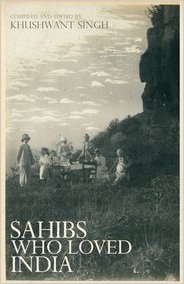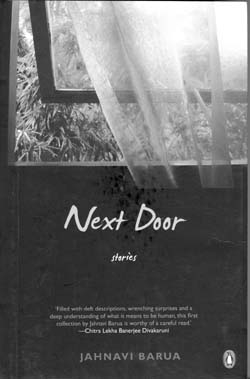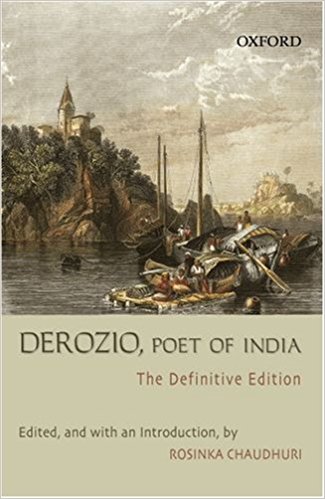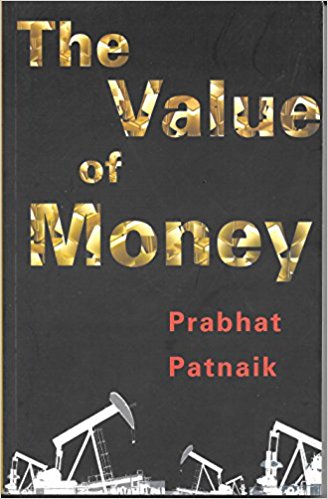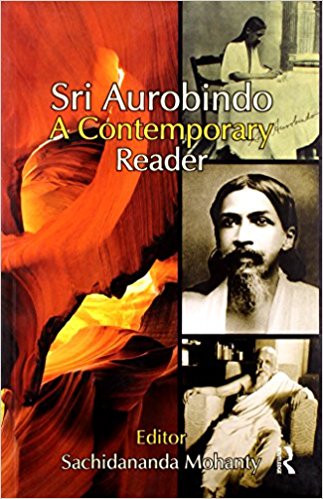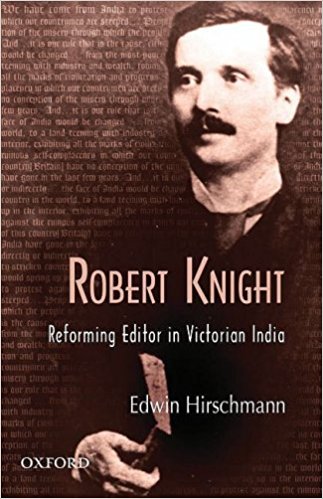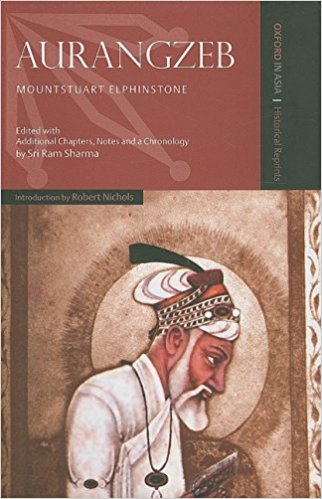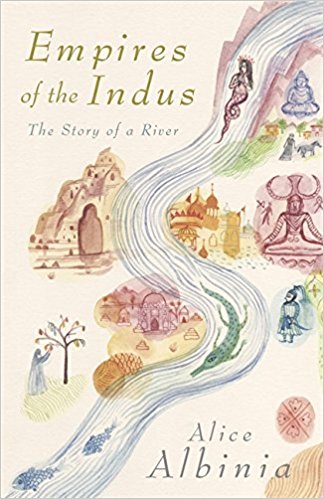Sahibs who loved India? Khushwant Singh didn’t know too many. I knew four sahibs who loved India so much that they stayed on after independence, lived and died in India and called this country their home.
Archives
May 2009 . VOLUME 33, NUMBER 5Satish Alekar’s best plays are like jigsaw puzzles in which not all the pieces are designed to fit in exactly. Some do, some don’t seem to, but no piece is random. The action often proceeds at a tangent to what the words are saying; the narrative gets refracted through subplots which seem unrelated.
Next Door is a collection of eleven short stories by Jahnavi Barua, recently published by Penguin India. Set for the most part in the valley of the Brahmaputra in Assam, these stories deal with extraordinary events in the lives of ordinary people living there.
Uma Chakravarty’s chatty yet sound introduction is the highlight of this collection of novellas. She cautions against the nineteenth century labelling of the novel as a lighter genre that women not only read but even write.
The laconic, understated style of the book is prefigured in the titles of the stories: not only the title story, but ten of the eleven pieces that make up the volume have cryptic titles like ‘Responsibility’ ‘Eyes’ The Image’, ‘The Balance’ and so on.
Henry Louis Vivian Derozio (1809–31), a Eurasian of Portuguese Indian ancestry, has been described as the first Indian poet to unleash the Age of ‘Modernity’. Derozio has been traditionally portrayed as a harbinger of ‘Indian Renaissance’ by many a critic.
In a literary landscape dominated by prose and the prosaic, poetry has become an imaginative-aesthetic rarity; a kind of aesthetic insertion that is at a discount amidst the prosaic sensibility of the present.
2009
This is an extraordinary book, and its author, Lokesh Chandra is an extraordinary man; combining esoteric learning and an active public life in a characteristically Indian mode.
Indian democracy is perhaps the most-discussed academic theme in contemporary scholarship. Reasons for this are many. There is undoubtedly the growing consolidation of values in support of socio-political processes endorsing vox populi or the voice of the people.
Punjab’s economy experienced phenomenal growth since the 1960s but its agricultural sector is now facing an acute crisis, raising serious questions about future sustainability in development.
On occasions Gujarat’s development and growth scenarios look enviable but at the same time, it is also perceived as an enigma. How is this state able to attract investments and at the same time invest outside the state substantially? In every nook and corner of the world one can find a Gujarati, yet in some sectors notably in education there is a shortage of qualified manpower.
Several great divides in economic theories including that between liberal traditions of the ‘classical’ school and ‘marginalist’ theories of neo-classical tradition could not capture the essential division in the theoretical constructs of analysing capitalism.
Sachidananda Mohanty’s compilation, so far as I am aware, is the fifth such work to be published in the space of the last thirty years or so. Of these, the earliest to arrive was the compilation of Manoj Das (1972) followed by those of Peter Heehs (1998, 2005) and Makarand Paranjape (1999).
Mexico City is among the most distant places from India where Indian history and culture are taught and studied. The Centre for Asian and African Studies, part of El Colegio de México which was founded as the ‘Casa de España’ in 1938 with the purpose to offer a place of study to Spanish intellectuals who had fled the civil war in their country, is the largest and most prestigious of its kind in Latin America.
Twenty-two year old ‘Mr Knight, Merchant’ caught a glimpse of the Empire’s underbelly even as he stepped off the steamer that brought him to Bombay on 8 October, 1847.
The year 2007 was celebrated in India as the 150th anniversary of the Great Uprising of 1857 by the state and the community of Indian historians with much fanfare. Seminars were held all over the country to celebrate the event.
Alice Albinia’s book Empires of the Indus: The Story of a River brings to life almost all major episodes in the long history of human settlements along the river Indus. The river rises on the northern slopes of Mt. Kailash in the Gangdise range of the Himalayas in the region of Tibet.

